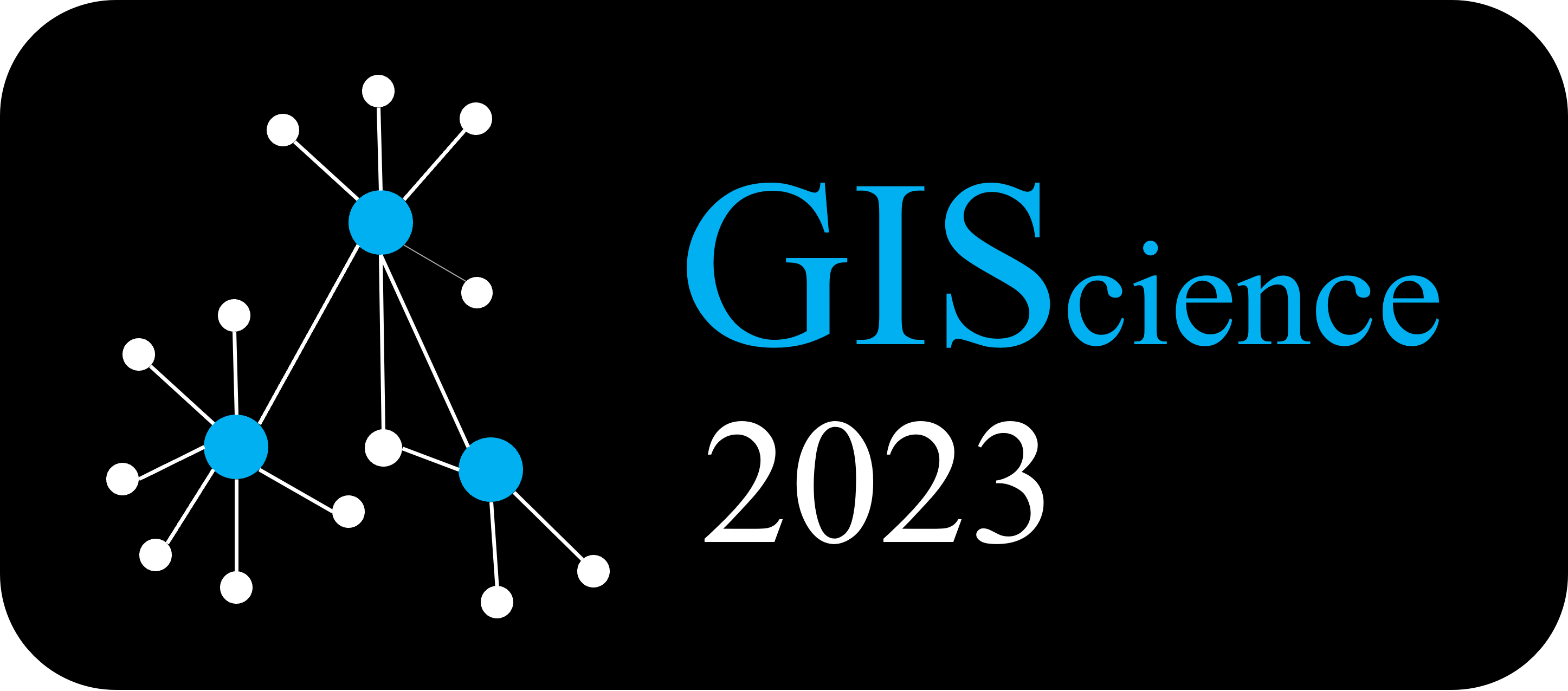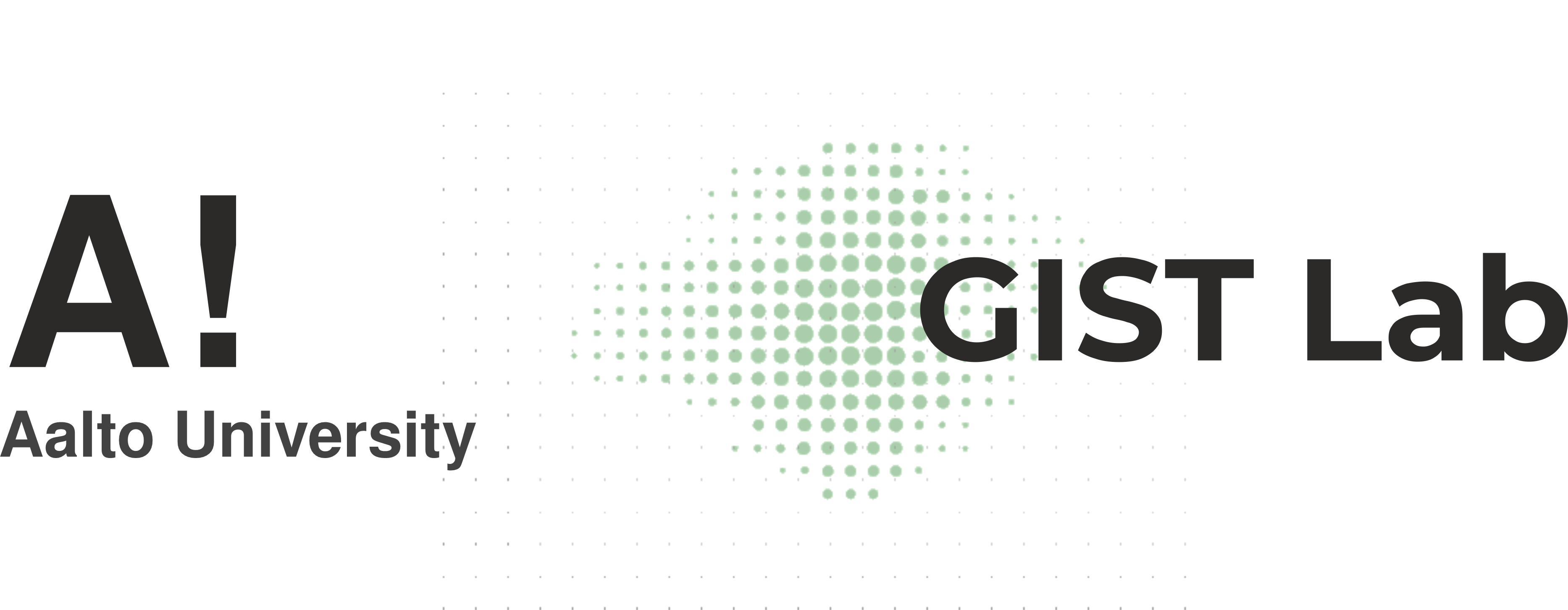
OTESAMA 2023 Workshop at GIScience conference
GIST Lab will be organizing together with the r5py development team a workshop on “Open Tools for Equitable and Sustainable Accessibility and Mobility Analysis” (see workshop outline) in conjunction with the 12th International Conference on Geographic Information Science (GIScience 2023). In addition, Matti Pönkänen and Henrikki will present a poster at the conference based on Matti’s MSc thesis “Measuring accessibility equity: GIS-based approach for ex-post evaluation of transport systems“.
Workshop description
Open scientific software and collaboration by coding have become important drivers for advancing Geospatial Data Science, and science in general. Open scientific tools and sharing analytical workflows with computational notebooks promote openness, collaboration, transparency and reproducibility, by making it easy for others to access and run the same analyses. This is essential not only for validating research results, but also for allowing scientists to build upon each other’s work more efficiently, which can lead to faster progress and breakthroughs in a wide range of fields.
The open science and data-driven approaches have become integral part of research that investigates issues related to spatial accessibility and mobility. Computational approaches are important for understanding i) how well the current transport system promotes equitable and sustainable accessibility and mobility within planetary limits, as well as ii) being able to vision possible mobility and accessibility futures based on computational tools that allow generating future scenarios under given constraints and changes applied to the system. Ensuring equitable accessibility and mobility justice is critical to develop effective and widely acceptable net-zero policies, and therefore fundamental to bring about long lasting changes and prevent conflict.
This workshop aims at bringing to the forefront open scientific software, data-driven tools as well as other methodological advancements that support understanding and modelling accessibility and/or mobility and their linkages to social-environmental sustainability in urban or rural settings. Given the interdisciplinary nature of this topic, the workshop welcomes contributions by researchers coming from a wide range of backgrounds in a format that involves both short presentations and demo sessions.
Read more about the workshop from here: https://otesama2023.readthedocs.io/
